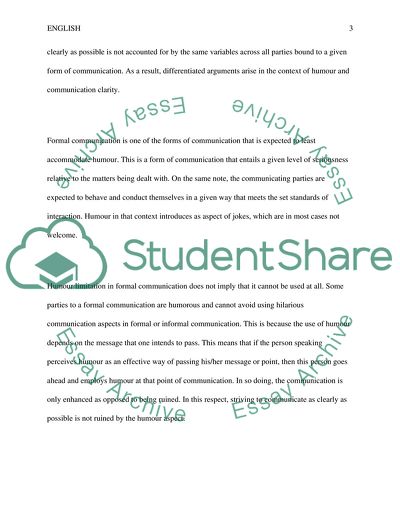Cite this document
(Power of Language Essay Example | Topics and Well Written Essays - 1250 words, n.d.)
Power of Language Essay Example | Topics and Well Written Essays - 1250 words. https://studentshare.org/english/1784815-power-of-language
Power of Language Essay Example | Topics and Well Written Essays - 1250 words. https://studentshare.org/english/1784815-power-of-language
(Power of Language Essay Example | Topics and Well Written Essays - 1250 Words)
Power of Language Essay Example | Topics and Well Written Essays - 1250 Words. https://studentshare.org/english/1784815-power-of-language.
Power of Language Essay Example | Topics and Well Written Essays - 1250 Words. https://studentshare.org/english/1784815-power-of-language.
“Power of Language Essay Example | Topics and Well Written Essays - 1250 Words”. https://studentshare.org/english/1784815-power-of-language.


